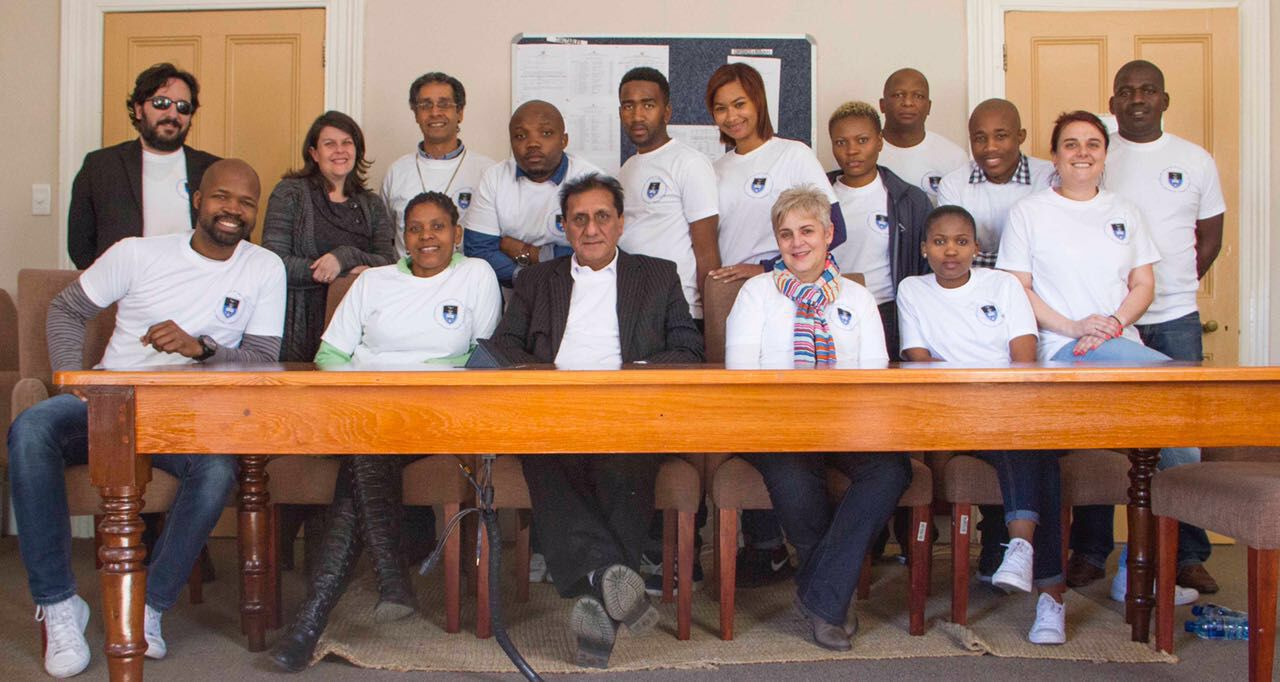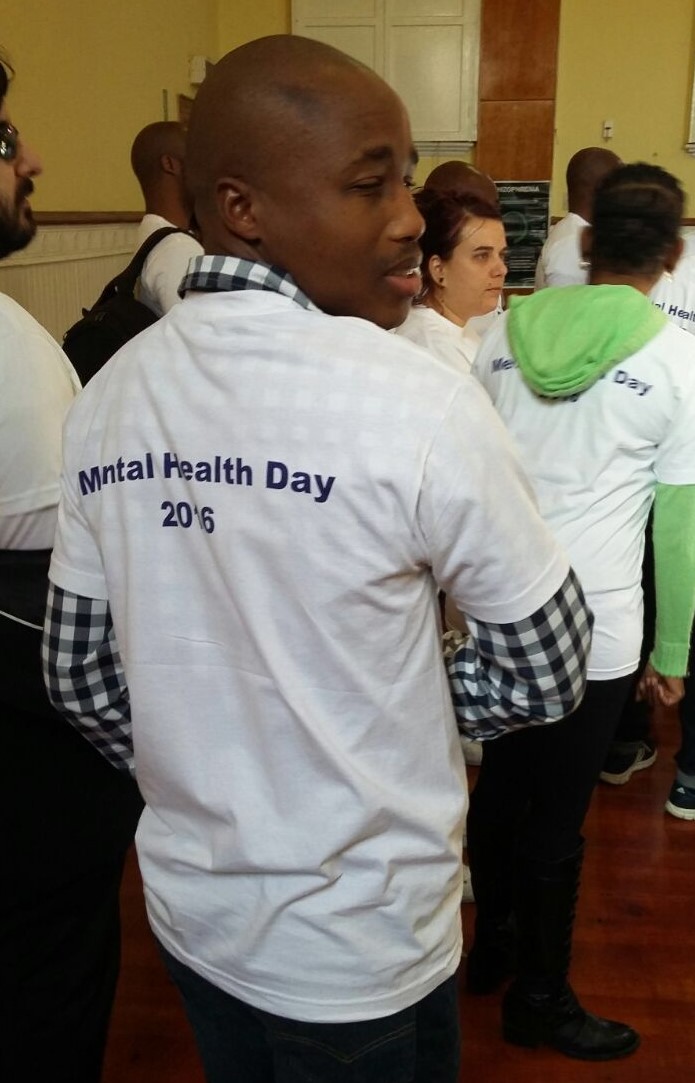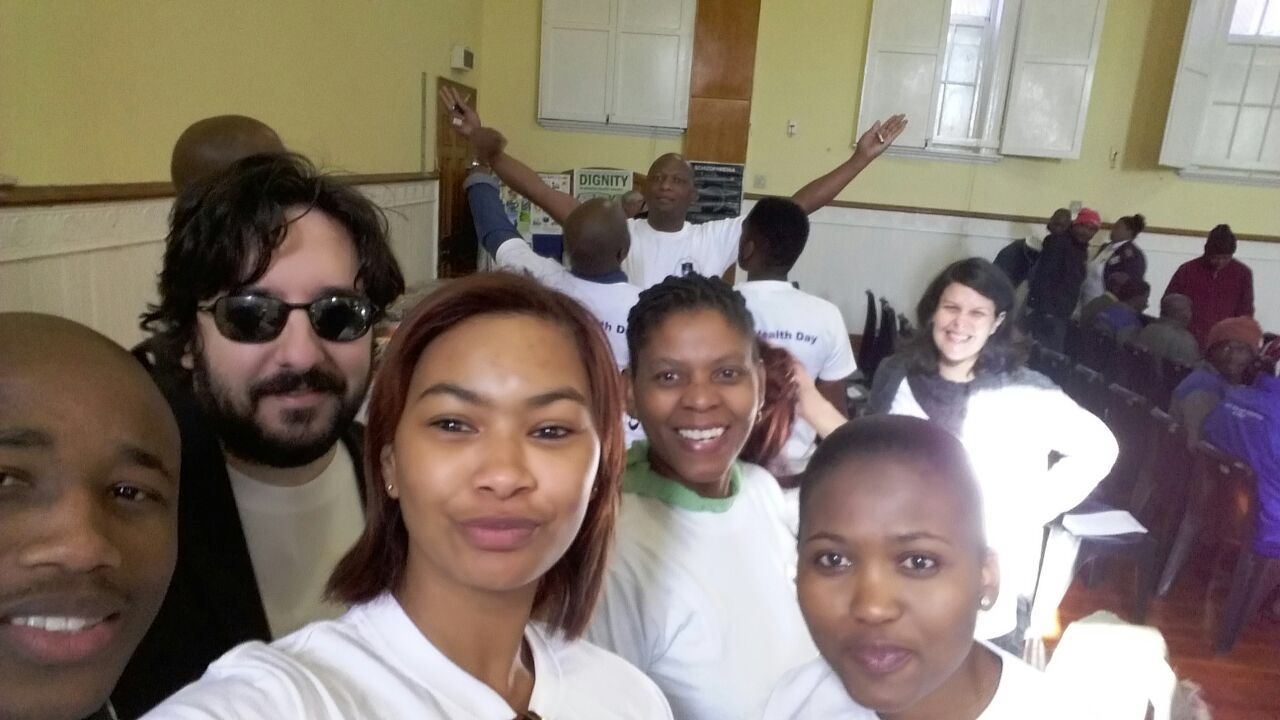 Photo 1 | The Eastern Cape Community Advisory Board
Photo 1 | The Eastern Cape Community Advisory Board
Introduction
The Genomics of Schizophrenia in South African Xhosa People (SAX) study sought to identify genes or mutations underlying predisposition to schizophrenia in the South African Xhosa population. The target community was South African Xhosa people. Community engagement activities were initiated in order to ensure that the project was presented to participants in a culturally sensitive manner that respected local conceptualisations of mental health; and to guard against research related risks, specifically any potential stigmatization and discrimination of the Xhosa people that may result from their participation in this genomics study.
SAX Community Advisory Board (CAB)
A CAB was initiated at the start of the study. Members of the CAB included those representative of the Xhosa community (Xhosa people living in the catchment area of the hospitals were SAX participants were being recruited from) and those with insights into the lived experiences of people with schizophrenia (clinicians, mental health activist groups, hospital facility board members, people living with schizophrenia and their family members).
Mental Health Literacy Day
A Mental Health Literacy Day was organised by our SAX recruiters to give back to the communities in the Eastern Cape who had participated in the SAX study. The day focused on mental health literacy about severe mental illness, community psychiatric treatment and support services available to patients and their families. Invited speakers included a community psychiatric nurse working in the area, a local Sangoma, a recovering patient who spoke of his illness and recovery experiences, family members of recovering patients, a local representative of the South African Police and a local social worker. All proceedings were conducted in Xhosa and all presenters were Xhosa people.

 Photo 2 & 3 | Members of the SAX team participating in the Mental Health Literacy Day
Photo 2 & 3 | Members of the SAX team participating in the Mental Health Literacy Day
Through community engagement, we sought to educate Xhosa people living with schizophrenia, as well as their family members, about symptoms of mental illness and current treatment options. During recruitment in the Eastern Cape, participants voiced a need for education about severe mental illness and more information about local psychosocial services in their communities. Working in collaboration with Prof. Mo Nagdee and Ms. Pumza Sakaza from the Fort England Psychiatric Hospital and Sr. Tshongweni, a community psychiatric nurse, the SAX recruitment team of psychiatric nurses, under the leadership of Mr. Sibonile Mqulwana, developed and hosted a mental health literacy day for over 100 Xhosa people with schizophrenia and their families on Friday 5th August 2016.
The day began with singing, performed by the Fort England in-patient choir. The first talk, presented by Messrs. Sibonile Mqulwana and Odwa Ntola, psychiatric nurses from the SAX study, provided a brief overview of typical symptoms of severe mental illness, with a particular focus on patient experiences that emerged from the SAX data. The next three speakers included Sr. Tshongweni, a community psychiatric nurse who provided information about the psychiatric services that were available in the community; Sargent Khuhlani, a police officer who discussed the role police play in assisting families to manage psychiatric emergencies and transition people into in-patient facilities; and Mr. Michael Mndini, a psychiatric nurse from SAX, about a perspective on the complementary role that traditional healing may play alongside psychiatric care for people with severe mental illness.
The final speakers included a Xhosa person living with schizophrenia who spoke openly about his experience of schizophrenia, two mothers of children with schizophrenia who spoke about living alongside family members with mental illness, and a local social worker who emphasised psychosocial support services available to people in the area. The event concluded with a closing song from the choir.
Feedback from participants suggested the event was a great success in that it addressed Xhosa peoples’ experiences of living with severe mental illness, drawing on culturally relevant examples and presented by Xhosa professionals in their local language. Throughout the event, participants stood to join in song and prayer as speakers provided information, education and encouragement.
 Photo 4 | Members of the UCT SAX Team
Photo 4 | Members of the UCT SAX Team
Challenges, lessons learnt and recommendations
SAX Community Advisory Board: Challenges, lessons learnt, and recommendations are outlined in a research paper entitled 'Exploring researchers' experiences of working with researcher-driven population-specific community advisory board in a South African schizophrenia genomics study'. Download the full paper [PDF] HERE
Mental Health Literacy Day: Our biggest challenge here was getting invited participants to an accessible venue, and selecting appropriate speakers. We learnt that viewing local psychiatric hospital staff as gate-keepers in this community, and liaising with them in planning and implementing this project, helped us enormously.
This report is part of the H3Africa: Engagement with Genetics and Genomics Programme Hub
This work is licensed under a Creative Commons Attribution 4.0 International License


Please Sign in (or Register) to view further.